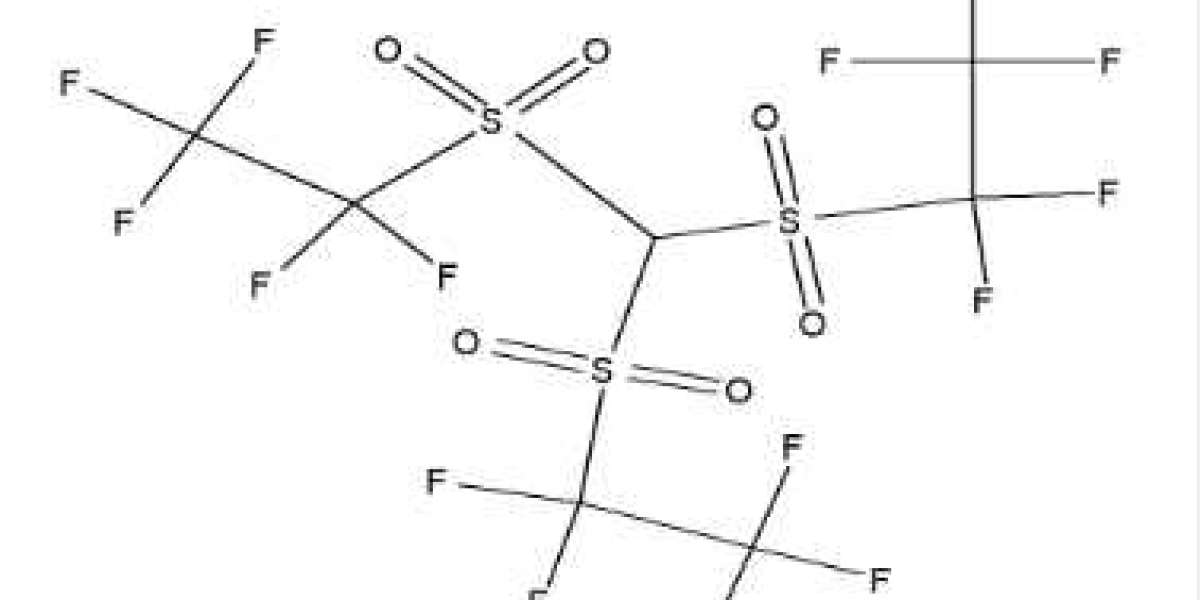Fluorine monomers have gained significant attention in various industrial applications due to their unique chemical properties and the advantages they offer over traditional materials. As a high-tech enterprise focused on electronic chemicals, Plus Science Technology (Shanghai) Co., Ltd. is well-positioned to explore and innovate in this field. This article delves into the versatile applications of fluorine monomers, highlighting their importance across multiple sectors, including coatings, pharmaceuticals, and electronics.
Understanding Fluorine Monomers
What Are Fluorine Monomers?
Fluorine monomers are organic compounds that contain fluorine atoms bonded to carbon. These monomers serve as building blocks for fluorinated polymers and copolymers, which exhibit exceptional thermal stability, chemical resistance, and unique surface properties. The carbon-fluorine bond is one of the strongest in organic chemistry, contributing to the durability and performance of materials derived from fluorine monomers.
Key Characteristics
Chemical Stability: Fluorinated compounds are resistant to oxidation and degradation, making them ideal for harsh environments.
Hydrophobicity: The presence of fluorine imparts water-repellent properties, enhancing the performance of coatings and surfaces.
Low Friction: Fluorinated materials often have low coefficients of friction, which is beneficial in applications requiring lubrication.
Applications in Coatings
Protective Coatings
Fluorine monomers are widely used in the formulation of protective coatings due to their superior weatherability and chemical resistance. These coatings are essential in industries such as automotive, aerospace, and construction, where exposure to harsh environmental conditions is common.
Weather-Resistant Paints: Fluorinated polymers provide excellent durability against UV radiation and moisture, ensuring long-lasting finishes.
Anti-Graffiti Coatings: The hydrophobic nature of fluorinated coatings prevents paint and dirt from adhering to surfaces, making cleaning easier.
Specialty Coatings
In addition to protective applications, fluorine monomers are utilized in specialty coatings that require specific performance characteristics:
Non-Stick Coatings: Used in cookware and industrial applications, these coatings leverage the low surface energy of fluorinated materials to prevent food or substances from sticking.
Optical Coatings: In the electronics sector, fluorinated polymers are employed in optical devices due to their transparency and low refractive index.
Role in Pharmaceuticals
Enhancing Drug Efficacy
The incorporation of fluorine into pharmaceutical compounds has been shown to enhance their biological activity. Fluorinated drugs often exhibit improved potency and selectivity compared to their non-fluorinated counterparts.
Antibiotics and Antivirals: Fluorinated compounds have been developed as effective antibiotics and antiviral agents due to their ability to disrupt biological processes.
Cancer Treatments: Many anticancer drugs contain fluorinated moieties that enhance efficacy by improving solubility and bioavailability.
Development of New Therapeutics
The versatility of fluorine chemistry allows for the design of novel therapeutic agents with tailored properties. The ability to modify existing drugs by introducing fluorine atoms opens new avenues for drug discovery.
Innovations in Electronics
Semiconductor Manufacturing
Fluorinated polymers play a crucial role in semiconductor manufacturing processes. They are used as dielectric materials due to their excellent electrical insulating properties.
Low-K Dielectrics: Materials with low dielectric constants reduce capacitance between metal layers in integrated circuits, improving performance.
Photoresists: Fluorinated photoresists are essential for photolithography processes, enabling the production of smaller features on semiconductor chips.
Electrical Insulation
In electrical applications, fluorinated materials provide superior insulation properties:
Wiring Insulation: Fluoropolymer insulation protects wires from heat and chemicals, ensuring safety and reliability in various applications.
Connectors and Seals: Fluorinated elastomers are used in connectors and seals that require resistance to extreme temperatures and aggressive chemicals.
Environmental Considerations
Eco-Friendly Alternatives
The development of environmentally friendly fluorinated materials is a growing focus within the industry. Innovations aim to reduce the environmental impact associated with traditional fluorinated compounds while maintaining performance standards.
Green Chemistry Approaches: New synthetic methods emphasize sustainability by minimizing waste and energy consumption during production.
Recyclable Materials: Research into recyclable fluoropolymers aims to close the loop on material use, reducing landfill waste.
Challenges and Future Directions
Addressing Environmental Concerns
While fluorinated materials offer numerous benefits, concerns regarding their environmental impact persist. The industry faces challenges related to:
Greenhouse Gas Emissions: Some fluorinated gases contribute significantly to global warming; thus, alternatives must be developed.
Biodegradability Issues: Many fluoropolymers are resistant to degradation, leading to potential accumulation in ecosystems.
Research and Development Opportunities
Ongoing research into new fluorinated monomers aims to address these challenges while expanding their applications:
Novel Synthesis Techniques: Advances in synthetic methodologies could lead to more efficient production processes with reduced environmental footprints.
Broader Applications: Exploring new fields such as nanotechnology or biocompatible materials could unlock additional uses for fluorine monomers.
Conclusion
Fluorine monomers represent a vital component of modern industrial applications across various sectors. Their unique properties enable innovations that enhance product performance while addressing specific challenges faced by industries today. As companies like Plus Science Technology (Shanghai) Co., Ltd. continue to explore the potential of these versatile compounds, we can expect significant advancements that will shape the future landscape of materials science. By balancing performance with sustainability, the industry can harness the power of fluorine while minimizing its environmental impact.
The Role of Fluorine Monomer in Enhancing the Performance of Electronic Devices








